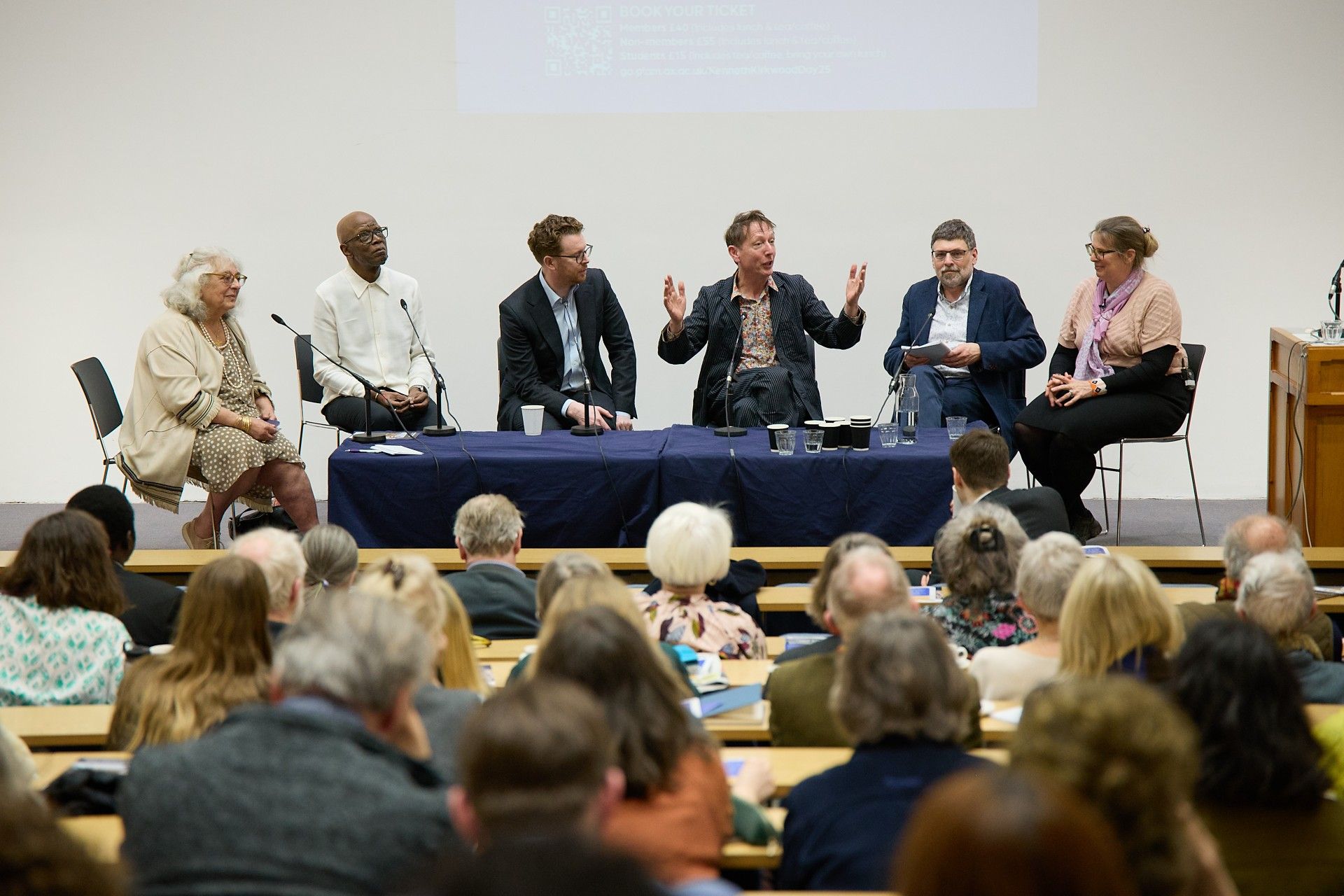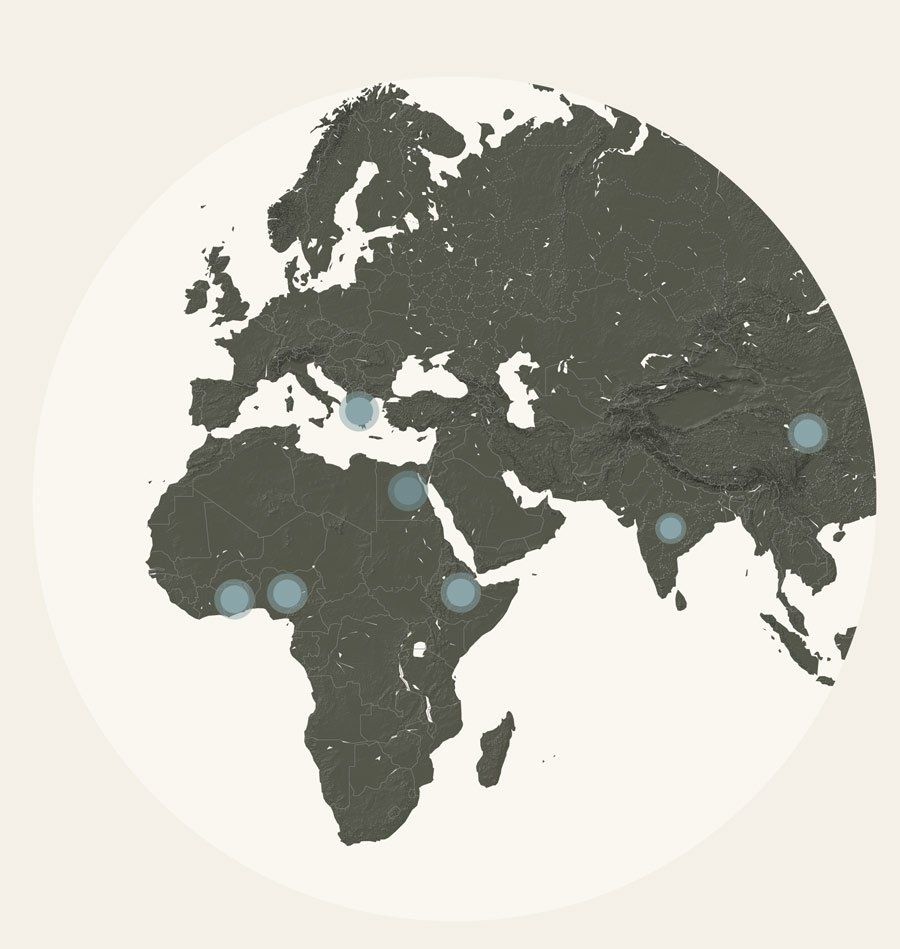About Cultural Restitution
Cultural restitution is the process by which a moveable object of historic or cultural value is returned to its country of origin after being seized, looted or acquired against the will of its owners. However, it is more than just an act of return. Restitution represents a growing recognition of the need to correct injustices committed in the past.
Today, as society’s values change, the legitimacy and ownership of these objects – as well as those thought to be procured legally – is coming under a global spotlight. As complicated and sensitive as this debate may be, there’s no stopping the growing desire for change. This involves new policies that are built on openness and fairness, policies that will help build bridges of friendship with communities of origin.
Latest News
EXPLORE
Mapping the location of cultural restitutions
Our extensive Global Archive provides invaluable links to many other restitutions and other restitution news taking place around the world - organised by country.
View our interactive Map
A Museum Perspective
“It is right to return the stave to Nigeria. Repatriation can be a powerful cultural, spiritual and symbolic act which recognises the wrongs of the past and restores some sense of justice.”
Keith Merrin, Director of Tyne & Wear Archives and Museums, January 2022, following a decision to repatriate a Benin brass stave to Nigeria




